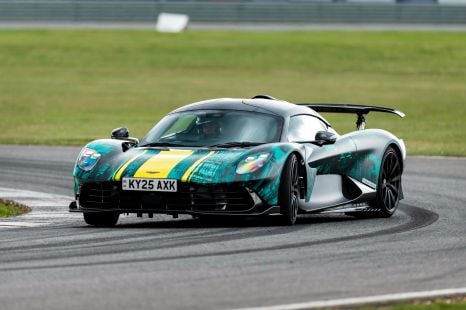

Angus MacKenzie
2026 Aston Martin Valhalla review: Prototype drive
4 Days Ago

Marketplace Journalist
Stellantis has extended its production pause of the Fiat 500e by a further three weeks, citing the continuing global slowdown of electric vehicle (EV) sales.
The halt began in mid-September this year, when it was reported that production at the company’s historic Mirafiori factory in Turin, Italy would be suspended for four weeks and resume on October 11.
Now, Reuters reports the 500e will be out of production until at least November 1, with Stellantis citing “weak orders” as the reason for the suspension.
100s of new car deals are available through CarExpert right now. Get the experts on your side and score a great deal. Browse now.
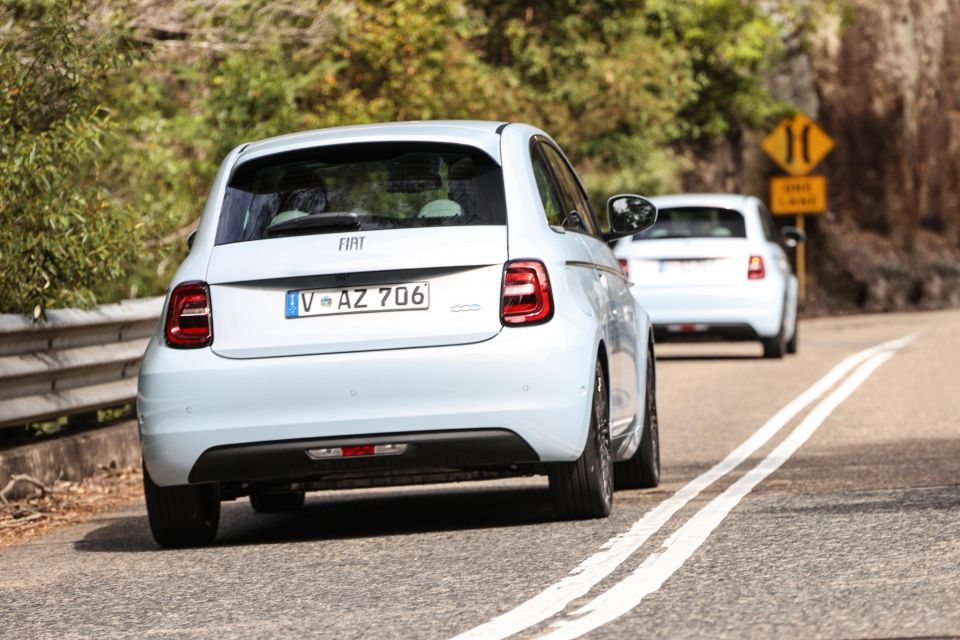
Reuters also reports that Stellantis CEO Carlos Tavares will address an Italian parliamentary committee on October 11 after the company warned about slowing EV demand.
According to a statement from the carmaker, he will not only “provide the most exhaustive picture of the group’s automotive production in Italy”, but outline options to tackle the rapidly changing automotive market both in Europe and globally.
“The complex international and European situation of the automotive sector requires rapid responses.”
Stellantis Australia previously confirmed to CarExpert that the production halt would not impact local 500e supply.
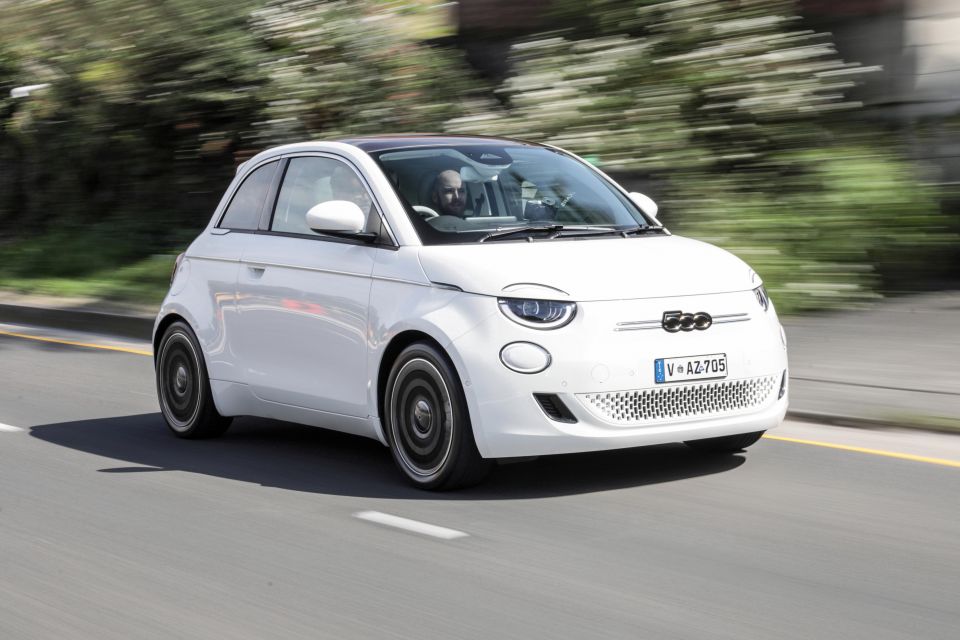
Fiat is one of many carmakers to struggle with the slowdown in EV sales abroad, leading many to either revise their plans to switch exclusively to EVs, cancel investments in factories, and/or reduce production of battery-powered models.
Despite the downturn, Stellantis is investing €100 million (A$161 million) into upgrades for the Mirafiori plant, with plans to improve electric drive batteries and also start producing a hybrid version of the 500 from 2025.
Fiat has stopped manufacturing the previous-generation, petrol-only 500, leaving only the electric 500e in production and, while local imports have ceased, the outgoing Fiat 500 remains on sale in Australia until stocks are exhausted.
A total of 418 Fiat 500s have been sold in Australia to the end of September this year, though sales figures do not differentiate between petrol, EV, and Abarth-branded models.
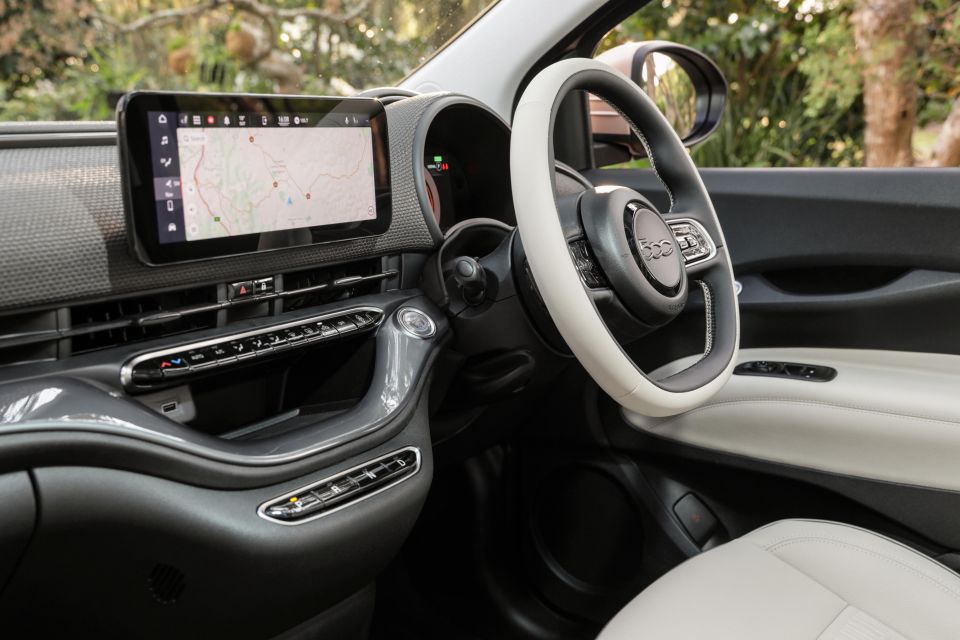
It isn’t just Europe where demand for EVs has softened in 2024. While sales continue to grow in Australia, their rate of growth is considerably slower than that of hybrids and plug-in hybrids (PHEVs).
There were 70,094 EVs sold over the nine-month period from January to September this year, up 6.6 per cent on the same period last year when 65,743 were sold.
In contrast, hybrid vehicle sales year-to-date are up 87.0 per cent, while PHEV sales are up 120.5 per cent.
Tesla remains the EV sales market leader, though its sales are down 19.08 per cent year-to-date. BYD, ranked second, recorded a 37.53 per cent year-to-date increase on EV sales.
MORE: EV sales slowdown halts production of iconic model MORE: Fiat culls petrol 500 in favour of $50k EV hatch in Australia MORE: Australian EV sales – How they’re shaping up as 2024 nears its end
Where expert car reviews meet expert car buying – CarExpert gives you trusted advice, personalised service and real savings on your next new car.
Max Davies is an automotive journalist based in Melbourne, Australia. Max studied journalism at La Trobe University and stepped into the automotive world after graduating in late 2023. He grew up in regional Victoria, and with a passion for everything motorsport is a fan of Fernando Alonso.


Angus MacKenzie
4 Days Ago
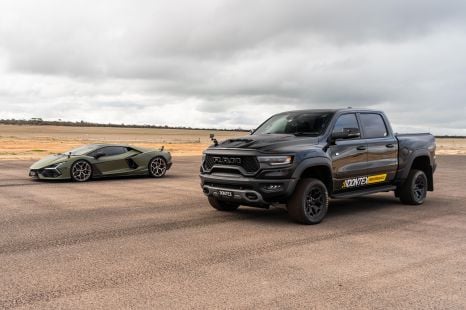

Paul Maric
3 Days Ago
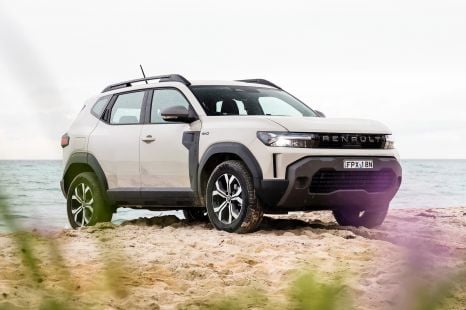

Max Davies
3 Days Ago
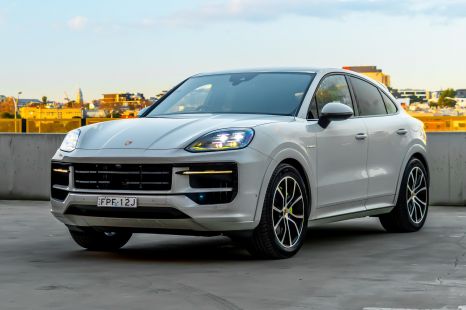

James Wong
2 Days Ago
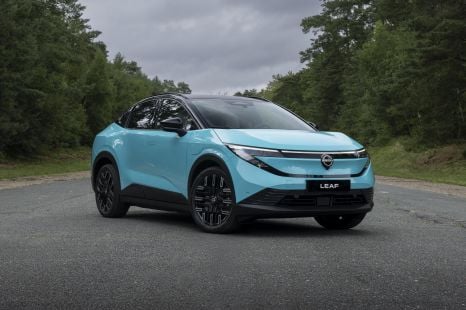

Shane O'Donoghue
1 Day Ago
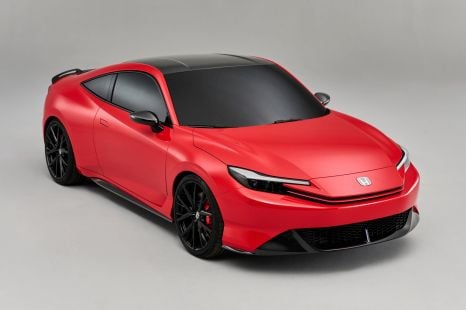

Damion Smy
1 Day Ago